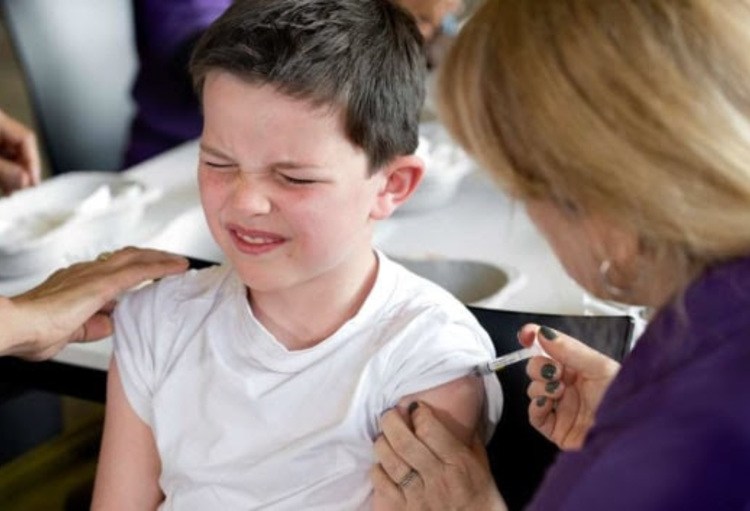It is a good thing that children will also be vaccinated against the coronavirus, but more research is necessary before that can happen, according to professor Levi Hoste of the Covid-19 taskforce of Belgian paediatricians.
Following Thursday's announcement by Prime Minister Alexander De Croo that children would be vaccinated after the summer, researchers have clarified that some more research is needed first.
"Perhaps we can work with the existing vaccines, but we have learned in the past that children are not just little adults," Hoste told VRT.
"It will have to be well researched, for example, which doses are necessary, based on the age and weight of the children," he added. "Possible side effects also need to be properly mapped out."
The approval of vaccines for children will proceed in the same way as it does for adults, according to Hoste. "No steps should be skipped."
Related News
- Children to be vaccinated against coronavirus after summer, says De Croo
- Children paying highest price in health crisis, Unicef finds
- ‘One hobby per child’ recommended until Easter holidays, Flemish government says
However, as researches already have some basic knowledge about the vaccines, the approval process may go a little faster. "Additionally, we already have a lot of experience with childhood vaccinations and they have been very successful."
During a press conference on Friday morning, virologist and interfederal Covid-19 spokesperson Steven Van Gucht said that the figures showed a "striking increase" of 29% in the number of infections in young children.
"This accounts for more than 80% of the increase in infection rates, although it is important to note that the infection rate among children is still a lot lower than among older people," he said.
The increase, however, can also be (partially) explained by the fact that schoolchildren are again being tested more often now that school has restarted after the carnival holidays.
"During the break, the number of tests among young people was much lower," Van Gucht said.
Maïthé Chini
The Brussels Times

